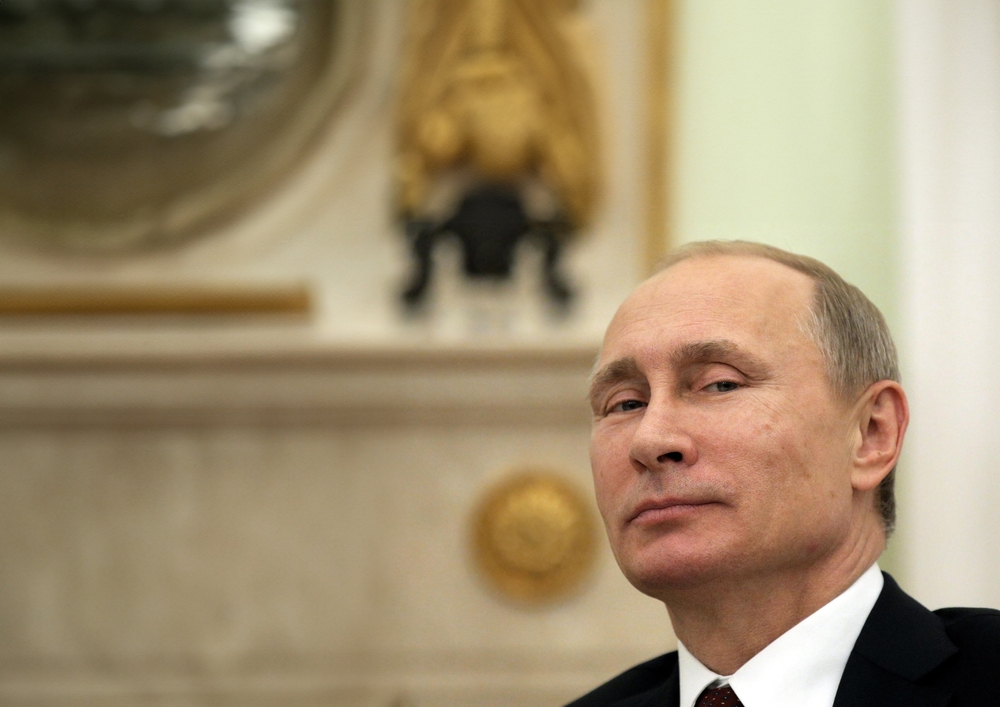A new analysis from reveals that the Kremlin is pushing Iran to execute a large-scale attack on Israel.
Others are reading now
As tensions rise in the Middle East, a new analysis from the Robert Lansing Institute reveals that the Kremlin is pushing Iran to execute a large-scale attack on Israel.
Russian ‘Advisors’ Sent to Tehran
According to Ziare this maneuver aims to force Tel Aviv into a significant counteroffensive, potentially altering the geopolitical landscape.
Sources within diplomatic circles and the Russian Ministry of Defense report that this operation has been coordinated by a team of Russian “advisors” sent to Tehran, including Sergei Shoigu, the former Russian Defense Minister now serving as Secretary of the Security Council.
The strategy reportedly involves a series of coordinated missile and drone attacks from multiple locations over several days.
Also read
This approach, modeled on tactics used in Ukraine, could severely deplete Iran’s arsenal, taking months to replenish. However, Russian advisors have expressed concerns that this method may not cause substantial damage to Israel.
Iran’s Leadership Remains Hesitant
An alternative proposed scenario includes a hybrid strategy combining missile attacks with ground confrontations along the Lebanese and Syrian borders, as well as terrorist attacks.
This plan also encompasses cyberattacks on Israel’s banking, transportation, and energy infrastructures, potentially involving Russian military intelligence or FSB hackers.
Another option considered is a “limited attack” targeting one or two critical, vulnerable locations. This scenario, identified by Iranian and Russian intelligence, is viewed as less risky for Iran both militarily and in terms of its global reputation.
Putin’s broader goal appears to be to reduce Western support for Ukraine by diverting resources to assist Israel. This could weaken U.S. geopolitical standing in Europe and the Middle East, potentially forcing the U.S. to seek Russian mediation to stabilize the situation.
However, Iran’s leadership remains hesitant, preferring to avoid a broader regional conflict.


